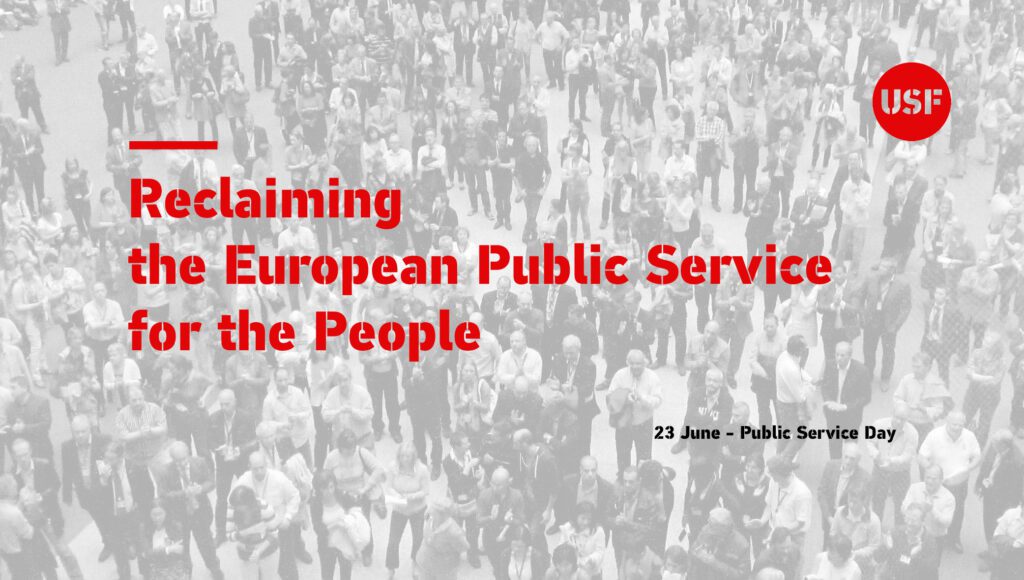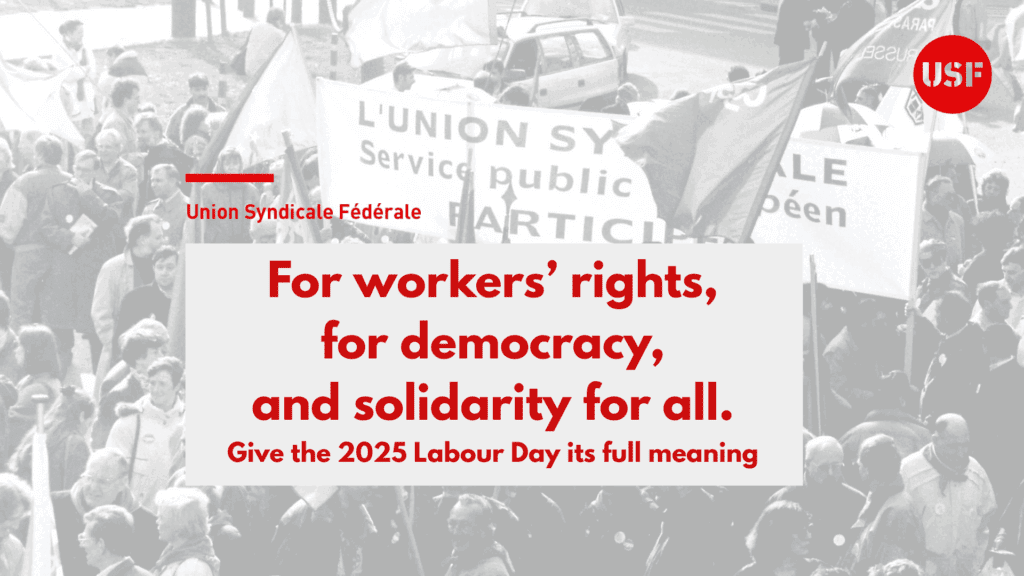For better or worse, the digitalisation of the economy has become an unavoidable theme in political and social debates. This new industrial revolution is predicted to disrupt the processes of production, the world of work and society at large. How can we prepare for this and how can we anticipate its effects?
In June 2016, the ETUI’s three-day conference in Brussels brought together the best experts on social issues related to the digitalisation of the economy, a theme that is still difficult to grasp in terms of its specific implications. In dedicating its first issue to this conference and its conclusions, this Foresight Brief offers more than a mere summary of the debates. It aims to draw out vital points concerning the strategic challenges that we believe the world of work faces in this new ‘digital revolution’.
It is still difficult to get a clear idea of what the so-called ‘digitalisation of the economy’ entails: the extent of the phenomenon, what exactly it covers, and its likely social impacts. There is a serious lack of relevant data and there are many unanswered questions still to be tackled by the research agenda. To obtain a clearer view, we suggest a dramatic simplification of the concept of the ‘digitalisation of the economy’ by breaking it down into its two component parts: robotisation in all its forms (material and virtual) on the one hand, and a new business model, the platform economy, on the other.
Robotisation encompasses all the computerisation and automation phenomena that enable robots to carry out non-routine manual and cognitive tasks. Robots may be either real (smart factories, driverless cars, 3D printers, etc.) or virtual (software, algorithms, production process management and control systems, artificial intelligence, etc.).
The platform economy, meanwhile, has been made possible because of ubiquitous connectivity, data and mobile devices that allow people to network via digital platforms (Facebook, LinkedIn, etc.), to have access to new services (e.g. Uber, Airbnb), including commercial services (Amazon, leboncoin.fr, etc.), and in particular to develop new business models based on online outsourcing (Upwork, Amazon Mechanical Turk, Freelancer, etc.). This platform economy has brought a new player into the labour markets: the ‘crowd’, available 24/7 all or almost all over the globe and prepared to work at often very low rates.
Read the Foresight Brief “Shaping the world of work in the digital economy” (PDF– EN) by Christophe Degryse, Senior Researcher @ ETUI (European Trade Union Institute)




